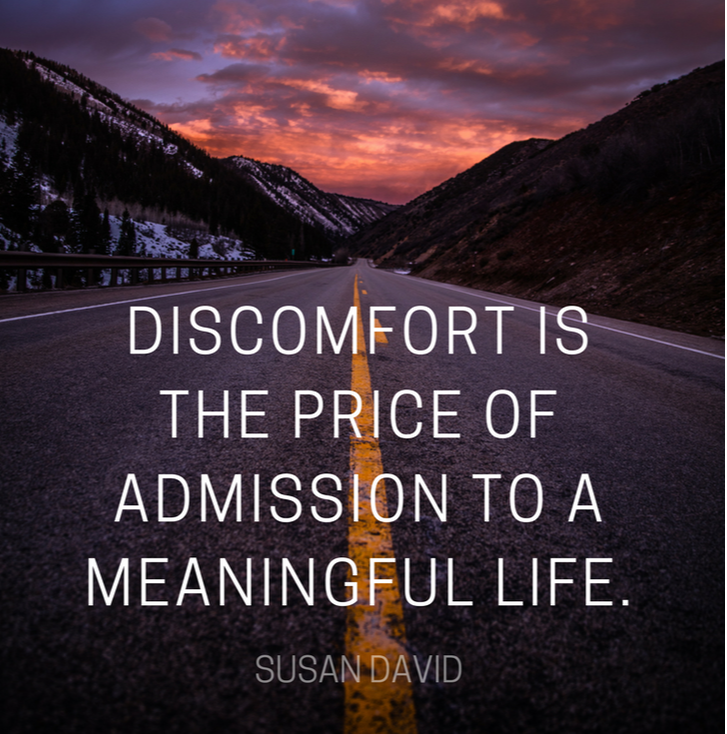As I sit here and write, the house is quiet. It's strange, the beginning of a new chapter in this thing called life. Like most transitions it feels unfamiliar and I'm filled with a mix of emotions. Some of the emotions would be considered positive and some might be considered negative, but all of them are okay ... not bad or something to avoid or distract myself from.
If you're going through a life transition or a challenging time right now here are a few tips for looking at your emotions as a source of data, so you can move through them without getting stuck in them.
Emotions contain information about your personal values and needs. Consider asking yourself ... What is it that I need and value? Use this information to help create perspective, cope and determine a wise action plan or response.
It can also helpful to identify your typical action tendency associated with the challenging emotion. Emotions are associated with urges to act and typically we fall into patterns. For instance, anger might cause the urge (action tendency) to attack, fear might cause the urge to avoid or escape, sadness might cause the urge to overeat or to not eat at all, etc. The more we are aware of our emotions and their action tendency, the easier it is to help ourselves pick actions that serve us better.
When we are aware of the action tendency associated with an emotion and look at the emotion as a source of information about our needs and values, we can make choices that will allow us to accept and move through the emotion with greater ease.
This new season of life will take some getting use to as do all transitions. I'm going to be looking to my emotions for information and making intentional choices as I enter this next chapter.





 RSS Feed
RSS Feed
